Confused with where to Start your Sheep Farm?
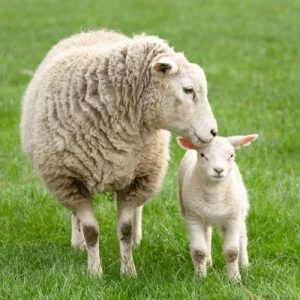
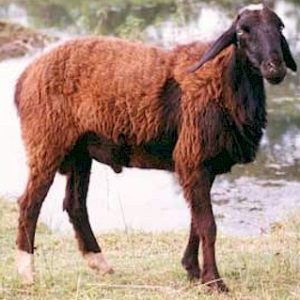
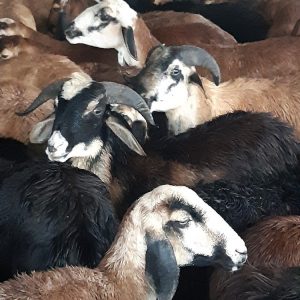
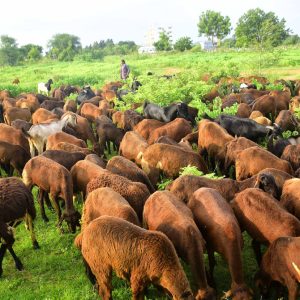

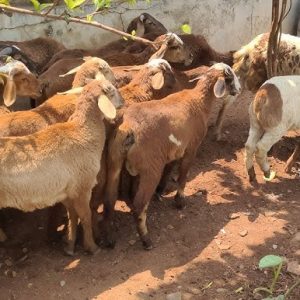




Sheep rearing and fattening have become lucrative ventures within the livestock industry, offering substantial economic benefits. At Shazam Farms, we have honed our techniques and practices to ensure optimal growth, health, and profitability of our sheep. This article delves into the core practices and methodologies employed at Shazam Farms, providing insights for those interested in sheep rearing and fattening.
Understanding Sheep Rearing
Sheep rearing encompasses the comprehensive management of sheep from birth to maturity. This involves selecting the right breeds, maintaining optimal living conditions, ensuring proper nutrition, and implementing health care practices.
Breed Selection
Choosing the right breed is paramount. At Shazam Farms, we focus on breeds known for their hardiness, growth rate, and meat quality. Our primary breeds include:
- Telangana Potla: Known for their resilience and excellent meat quality.
- Deccani Sheep: Valued for their wool and adaptability to various climates.
- Nellore Brown (Dora): Recognized for their rapid growth and high-quality carcass.
- Nellore Jodipi (white with black spots on face): Recognized for their rapid growth and high-quality carcass.
- Madras Red: Recognized for their rapid growth and high-quality carcass.

Sheep Housing and Environment
Proper housing is crucial for the well-being of the sheep. Our farms feature well-ventilated, spacious sheds that protect the sheep from extreme weather conditions. We ensure a clean and dry environment to prevent diseases and enhance comfort.

Nutrition and Feeding
A balanced diet is essential for the health and growth of sheep. Our feeding regimen includes:
- Forage: High-quality hay and pasture form the bulk of the diet.
- Concentrates: Grains and protein-rich supplements to promote growth.
- Minerals and Vitamins: Ensuring all dietary requirements are met.
We regularly adjust the diet based on the age and health status of the sheep to maximize growth and productivity.

Health Management
At Shazam Farms, preventive health care is a priority. Regular veterinary check-ups, vaccinations, and parasite control programs are integral to our operations. We monitor the sheep closely for any signs of illness, ensuring prompt treatment and minimizing the spread of diseases.

The Fattening Process, Weight Gain and Health Management
Fattening, or finishing, is the final phase before the sheep are marketed. This stage focuses on maximizing weight gain and enhancing meat quality.
Intensive Feeding
During the fattening phase, sheep are provided with a high-energy diet to accelerate weight gain. This includes:
- High-Energy Grains: Such as corn and barley.
- Protein Supplements: To support muscle development.
- Ad Libitum Feeding: Allowing sheep to eat as much as they want to optimize growth.

The Role of Technology in Sheep Management
Technology plays a crucial role in modern sheep farming at Shazam Farms, enhancing efficiency, health monitoring, and overall management.
CCTV Monitoring
We utilize CCTV cameras throughout our facilities to monitor the sheep around the clock. This helps in:
- Real-Time Surveillance: Keeping an eye on the sheep’s behavior and identifying any signs of distress or illness promptly.
- Security: Protecting the livestock from potential threats such as theft or predators.
- Management Efficiency: Allowing farm managers to monitor large herds without being physically present all the time.

Sensor Technology
Various sensors are integrated into our farming operations to maintain optimal living conditions for the sheep:
- Temperature and Humidity Sensors: These sensors ensure the environment is kept within ideal parameters, preventing heat stress or cold-related issues.
- Water Level Sensors: Monitoring water troughs to ensure a continuous supply of clean water, crucial for the health and growth of the sheep.
- Weight Sensors: Automated weighing systems track the growth of each sheep, enabling precise adjustments to feeding regimens and ensuring optimal weight gain.

Data Management Systems
Advanced data management systems collect and analyze data from the various sensors and monitoring equipment. This data-driven approach allows for:
- Predictive Health Monitoring: Identifying potential health issues before they become serious problems.
- Optimized Feeding Programs: Adjusting diets based on real-time growth data to maximize efficiency.
- Resource Management: Efficient use of feed, water, and other resources to reduce waste and improve sustainability.
Monitoring Growth
We regularly weigh the sheep to track their progress and adjust their diet accordingly. This ensures that each animal reaches its optimal weight in the shortest time possible without compromising health.

Stress Management
Minimizing stress is essential for optimal growth. We implement low-stress handling techniques and maintain a calm environment to prevent weight loss and improve meat quality.
Sustainability Practices
At Shazam Farms, sustainability is at the core of our operations. We employ environmentally friendly practices such as:
- Rotational Grazing: To maintain pasture health and prevent overgrazing.
- Organic Waste Recycling: Using manure as fertilizer to enrich the soil.
- Water Conservation: Implementing efficient water management systems.
Economic Benefits
Sheep rearing and fattening offer significant economic benefits. With proper management, farmers can achieve high returns on investment through the sale of meat, wool, and breeding stock. At Shazam Farms, our focus on quality and efficiency ensures that our operations are both profitable and sustainable.
Conclusion
Sheep rearing and fattening at Shazam Farms are driven by a commitment to excellence and sustainability. By adhering to best practices in breed selection, nutrition, health management, and environmental stewardship, we ensure the production of high-quality meat and wool while maintaining the welfare of our sheep. Whether you are a seasoned farmer or a newcomer to the industry, the practices and insights from Shazam Farms can serve as a valuable guide to successful sheep farming.


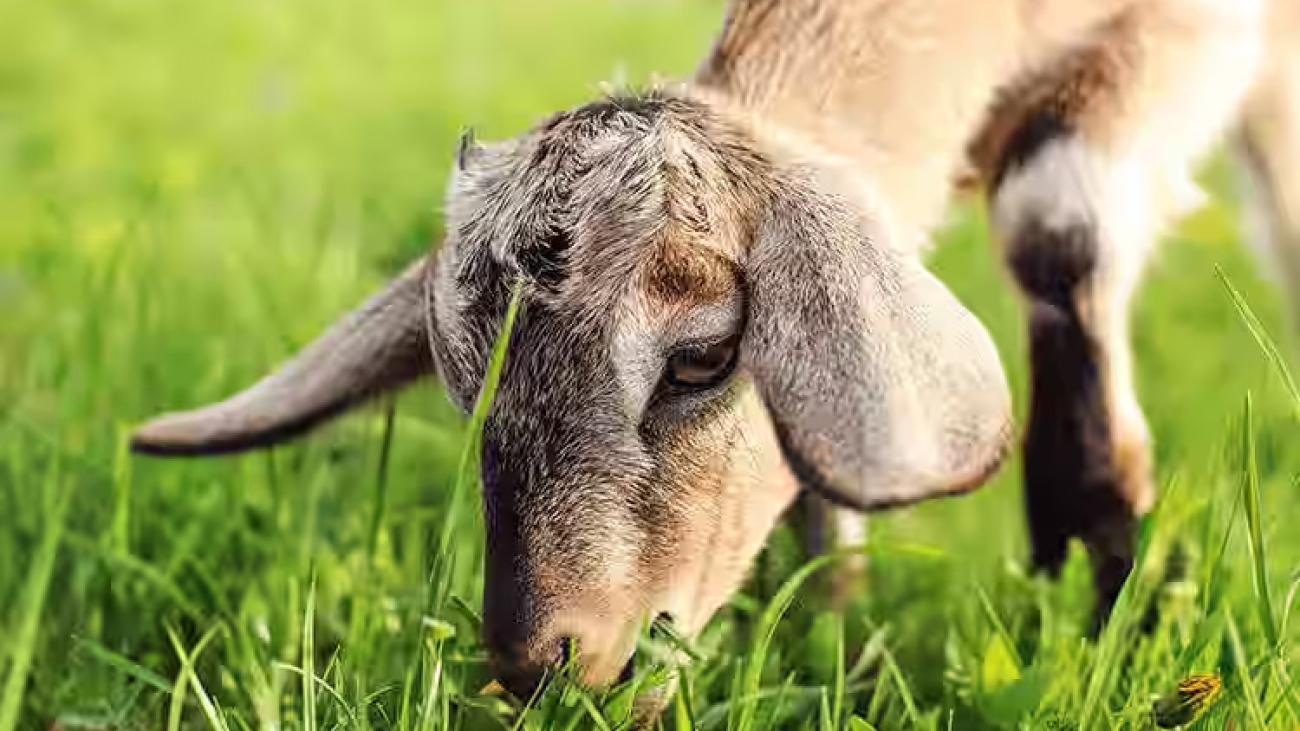

Add a Comment